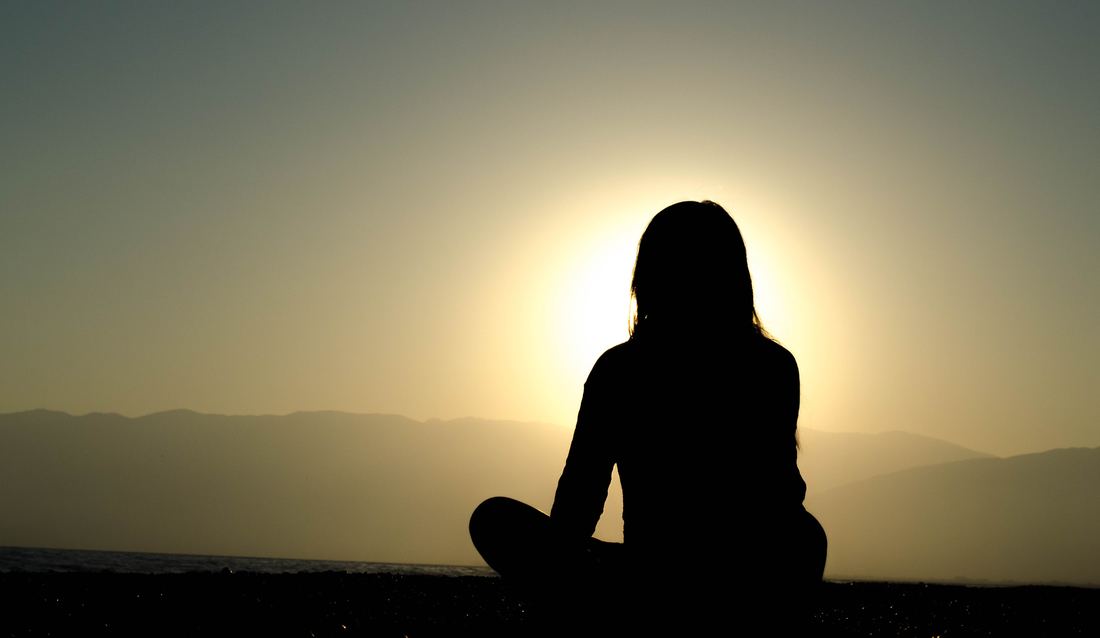I became interested in attention largely because of the personal consequences I’ve noticed as it’s diminished. With the ubiquity of smartphones and social apps, I’ve noticed my attention span waning (and let’s be honest--mine wasn’t top notch to begin with). A few examples include difficulty finishing books, feeling the need to multitask during movies, and most disturbingly, decreased tolerance for “slow talkers” and lulls in conversation. When you’re used to the predictable and always entertaining input from a device the mysterious, often meandering process of human connection can feel too risky, time-consuming and even boring. Anyone who’s ever attempted a meaningful conversation with someone more interested in their instagram feed knows how damaging this distraction can be.
My movement teacher Katy Bowman teaches that one hour of exercise each day doesn’t offset 23 hours of being sedentary. We are evolved to move with frequency throughout the day and this movement frequency is arguably more important to health than one intense bout of physical activity. I wanted to apply this logic to my meditation practice. A brief attention training in the morning is wonderful, but couldn’t possibly be offsetting the massive splintering of my attention the rest of the day. Perhaps some of my efforts would be better spent reorganizing my 23 1/2 hours to be less of a worship of distraction, which means seriously examining my current relationship with technology.
If our attention is our most valuable and increasingly rare resource, it makes sense to be intentional about how we interact with the devices that strip it of its acuity. And the blame cannot be entirely on those of us who find ourselves unable to control our digital addictions. Some of the brightest minds at the most prestigious companies (Facebook ahem) use the most effective behavioral strategies to keep you clicking, scrolling and liking. Yet, rejecting technology completely is a luxury that many of us cannot afford.These tools can enhance the ability to pursue things like entrepreneurship, education and social connection. In our increasingly tech-enabled world, resistance can seem futile. Yet going with the flow and keeping up with societal norms does not ensure a healthful relationship with our gadgets. Like many other health behaviors, it seems you must deviate outside the cultural norm to protect your health and happiness.
So, in my quest to confront my tech-addiction I’ve been experimenting with ways to still engage with technology but set stronger boundaries that prioritize what’s actually important in my life---things like quality of attention, presence and relationships. I honestly had low expectations for my compliance with this new strategy but it’s been surprisingly easy once I started feeling the benefits. Here are some things I’ve been experimenting with:
- Set rules about when I turn my phone on and off each day. I do a digital sunset at the same time each night and don’t turn my phone on in the morning until after my meditation practice. This has drastically improved the quality of my sleep and increased the consistency of my meditation practice. This is coming from someone who used to look at my phone first thing after waking up! Change is possible!
- Beware of the iPhone effect. Research has shown that keeping your mobile device in sight during a conversation significantly lowers empathy level and the quality of conversation. Don’t leave your phone out if you’re talking to someone. This is an easy switch that can significantly improve your relationships.
- Take your most addictive social apps off your phone--- it’s amazing how boring your phone quickly becomes. Or as a compromise try keeping those apps on the last page of your iPhone so you have to scroll for a bit to open it. This gives your slow brain and willpower some time to kick in and decide against opening the sites. I took Facebook and Instagram off my phone. I’m not ready to quit Instagram all together and can’t easily post via my laptop so I now allow myself to re-download the app one day a week if I want to make a post. A bit clunky but worth the sense of freedom I’ve felt.
- Have phone free blocks where you leave your phone at home or hide your device for periods of time.
- Check out these additional resources for further inspiration and ideas on living a less distracted and deeper life. The books Deep Work by Cal Newport and The Shallows by Nicholas Carr. A couple quick videos--- Kelly McGonigal’s advice for breaking tech addiction (2 min video) and Brian Johnson on the digital sunset . Also, Dallas Hartwig's More Social, Less Media Movement.


 RSS Feed
RSS Feed